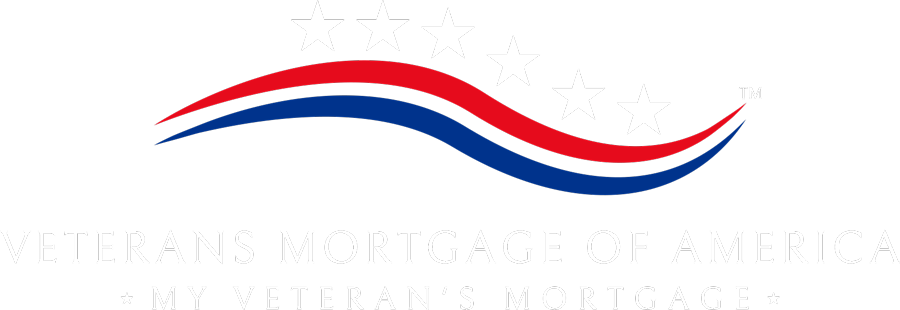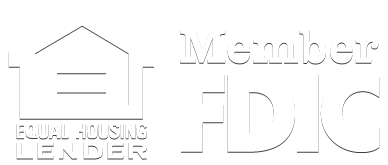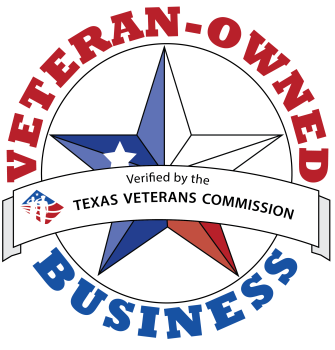Reverse Mortgage: A type of home loan that allows homeowners age 62 and older to convert part of their home equity into cash without having to sell the home or make monthly mortgage payments.
Home Equity Conversion Mortgage (HECM): The most common type of reverse mortgage, insured by the Federal Housing Administration (FHA).
Equity: The difference between the appraised value of a home and the amount of money owed on the mortgage.
Principal Limit: The maximum amount of money that can be borrowed under a reverse mortgage.
Interest Rate: The percentage of the loan amount that is charged by the lender as interest.
Loan Origination Fee: A fee charged by the lender to cover the cost of processing the loan.
Closing Costs: Fees associated with closing the reverse mortgage, such as appraisal fees, title insurance, and attorney fees.
Mortgage Insurance Premium (MIP): Insurance required on HECM loans to protect the lender in case the borrower defaults on the loan.
Line of Credit: A feature of some reverse mortgages that allows borrowers to access a certain amount of funds whenever needed.
Tenure Payment: Monthly payments made to the borrower for as long as they live in the home, regardless of how long that may be.
Term Payment: Monthly payments made to the borrower for a fixed period of time.
Fixed Interest Rate: An interest rate that remains constant throughout the life of the loan.
Adjustable Interest Rate: An interest rate that can change periodically based on market conditions.
Non-Recourse Loan: A type of loan where the borrower is not personally liable for repayment, and the lender can only seek repayment from the home itself. Meaning the borrower or their heirs never owe more than the value of the home.
Reverse Mortgage Servicer: The company responsible for managing the reverse mortgage after it is closed, including processing payments and managing escrow accounts.
Foreclosure: The legal process by which a lender can take possession of a home if the borrower fails to meet their repayment obligations.
Independent Counseling: Required for all reverse mortgage applicants, this counseling session helps borrowers understand the terms and costs associated with a reverse mortgage.
Reverse Mortgage Enhancement: Changes to the reverse mortgage program aimed at making the product more borrower-friendly and sustainable in the long term.





